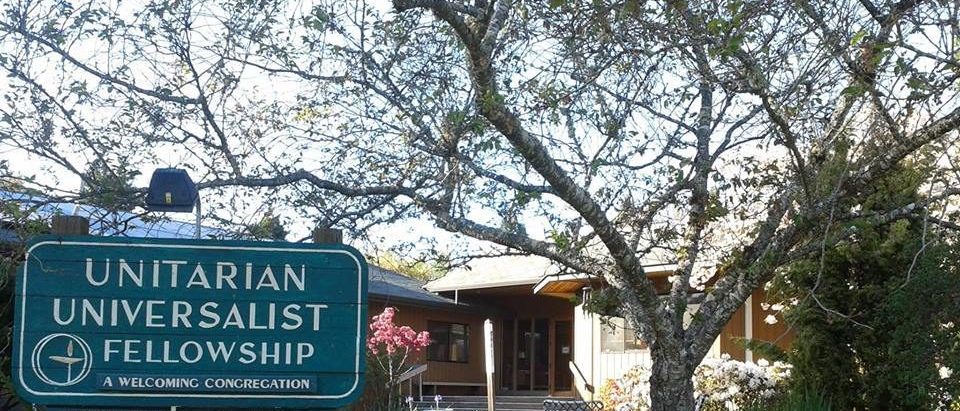I am so grateful for all the time and effort that has gone into making these Weekly Announcements what they are today – integrated into the website, easily readable on phones and other hand-held devices, convenient for folks who first simply need to know what, when and where. These have been beautiful updates, and have received lots of compliments And, I’ve heard from some of you that you miss a “newsletter” which you could read all the way through, which includes a broad look at the life of the Fellowship and UUism in general. I think we can have both, and should.
I’ve had conversations with a few people about a monthly publication which is more like a journal than a newsletter. Instead of including announcements about events, which the Weekly Announcements do very well, this journal would focus on ideas – our theologies, our philosophies of religion and religious exploration, our newly articulated shared values, our stories, our local and international partners, our own religious and spiritual commitments, and more.
I’m ready and willing to start this publication this month. I’d be happy to hear from any of you who might like to help – as writers, editors, planners, etc. I’d be happy to know if you have ideas for a name for such a publication. Please connect with me if you do.
Meanwhile, here in the depth of summertime, I encourage you to stop and be amazed by the bounty of our Willamette Valley home, if you aren’t already doing that every day. Amidst the swirling of politics and cultures, the changing Earth and climate, the too many details and the too few deep connections, help yourself pause to rest and see or feel or consider a larger view, a Life which is so much more than our own thoughts and experience. And in that pause, count a few blessings, and send blessings on to others.
See you Sunday — Jill




